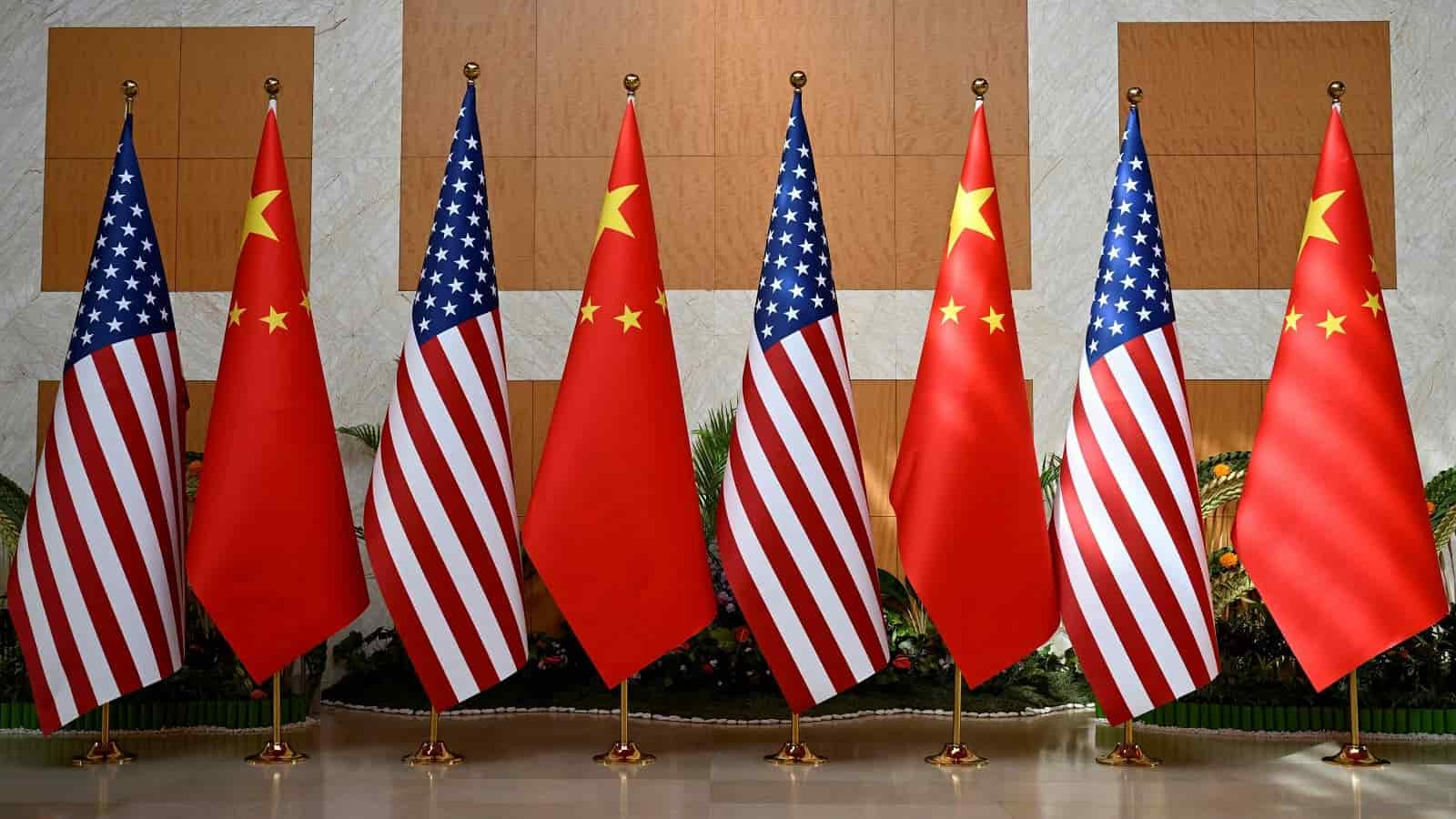U.S. and China nuclear talks: For the first time in five years, the United States and China reopened semi-official nuclear armament talks in March. Two American delegates who were present said that Beijing’s delegates assured their American counterparts that they would not use nuclear threats against Taiwan.
After their U.S. counterparts expressed concerns that China might use, or threaten to use, nuclear weapons if it lost a fight over Taiwan, the Chinese delegates reassured them. Beijing considers the democratically run island to be part of its territory; Taipei’s administration disputes this.
“They told the U.S. side that they are convinced that they can prevail in a conventional fight over Taiwan without using nuclear weapons,” says academic David Santoro, who organized the Track Two negotiations on behalf of the United States.
Former government officials and scholars who can speak authoritatively about their government’s position—even if they weren’t personally engaged in determining it—usually participate in Track Two sessions. Track One refers to government-to-government talks.
Philippines says US defense pact not invoked in South China Sea clash
The two-day deliberations took place in the conference room of a Shanghai hotel, and roughly six delegates, including former officials and professors, represented Washington.
Beijing sent a group of academics and analysts, which included a few former PLO officials.
In response to inquiries from Reuters, a State Department representative stated that Track Two discussions might be “beneficial”. Despite being informed about the meeting in March, the department did not attend, according to the spokeswoman.
These conversations cannot take the place of formal negotiations, which “require participants to speak authoritatively on issues that are frequently highly compartmentalized within (Chinese) government circles,” the spokesperson added.
The Chinese team and Beijing’s defense ministry did not respond to requests for comments.
The U.S. and China were at differences over significant geopolitical and economic concerns during the informal talks between the nuclear-armed countries, with officials in Washington and Beijing accusing one another of acting in bad faith.
In November, the two nations briefly resumed their Track One nuclear armament talks, but since then, the talks have stopped, with a senior U.S. official openly voicing dissatisfaction with China’s attitude.
The Pentagon stated in October that China “would also consider nuclear use to restore deterrence if a conventional military defeat in Taiwan” threatened CCP rule. The Pentagon believes that Beijing’s nuclear arsenal rose by more than 20% between 2021 and 2023.
China has increased its military presence near Taiwan throughout the last four years and has never denied the use of force to annex the island.
The two-decade nuclear weapons and posture discussion came to a standstill in 2019 after the Trump administration withdrew funding for the Track Two negotiations.
Only the Shanghai meeting addressed nuclear weapons and posture in depth after the COVID-19 epidemic, but semi-official talks on larger security and energy problems were resumed after the outbreak.
According to Reuters, the director of the Pacific Forum research group, Santoro, is headquartered in Hawaii. He said that there were “frustrations” during the most recent talks, but both delegations found value in carrying on their conversation. More talks were scheduled for 2025, he stated.
Although he was not present during the March conversations, William Alberque, a nuclear policy expert at the Henry Stimson Center think tank, stated that the Track Two negotiations were helpful during a period of cold ties between the United States and China.
When it comes to nuclear weapons, “it’s important to continue talking with China with absolutely no expectations,” he stated.
‘RISK AND OPACITY’
In May, Bonnie Jenkins, a top U.S. arms control official, reported to Congress that China had not reacted to suggestions Washington had made last year during formal negotiations to reduce the risk of nuclear weapons.
China has not yet approved additional government-to-government meetings.
The State Department spokesman told Reuters that Bejing’s “refusal to substantively engage” in talks over its nuclear build-up raises concerns about its “no-first-use” policy, which is “already ambiguous,” as well as its nuclear doctrine in general.
Taiwan’s President Warns of China’s Goal to Annex and Eliminate Taiwan
China’s Path According to Santoro and Morris, two delegations did not go into detail regarding Beijing’s modernization initiatives.
According to Alberque of the Henry Stimson Center, Beijing had “no imperative” to engage in fruitful dialogue because China primarily relied on “risk and opacity” to offset U.S. nuclear superiority.
According to Alberque, China’s growing arsenal—which now includes submarines, bombers, intercontinental ballistic missiles, and anti-ship cruise missiles—exceeds the requirements of a state that has a no-first-use and weak deterrent policy.
Morris stated that the “survivability” of Beijing’s nuclear weapons in the event of a first strike was a central theme in Chinese talking points.
According to U.S. delegates, the Chinese initiatives were characterised as a modernization program based on deterrence, aimed at adapting to advancements like enhanced U.S. missile defenses, enhanced monitoring capabilities, and fortified alliances.
In addition to developing a new class of boats and exchanging nuclear submarine technology with Britain, Australia, and the United States last year, Seoul and Washington are currently coordinating reactions to a possible atomic assault.
The prospect of using nuclear weapons if deterrence fails is part of Washington’s nuclear doctrine, though the Pentagon claims it would only contemplate doing so in dire situations. It gave no details at all.
A delegation from China “pointed to studies that said Chinese nuclear weapons were still vulnerable to U.S. strikes – their second-strike capability was not enough” , Morris stated.



